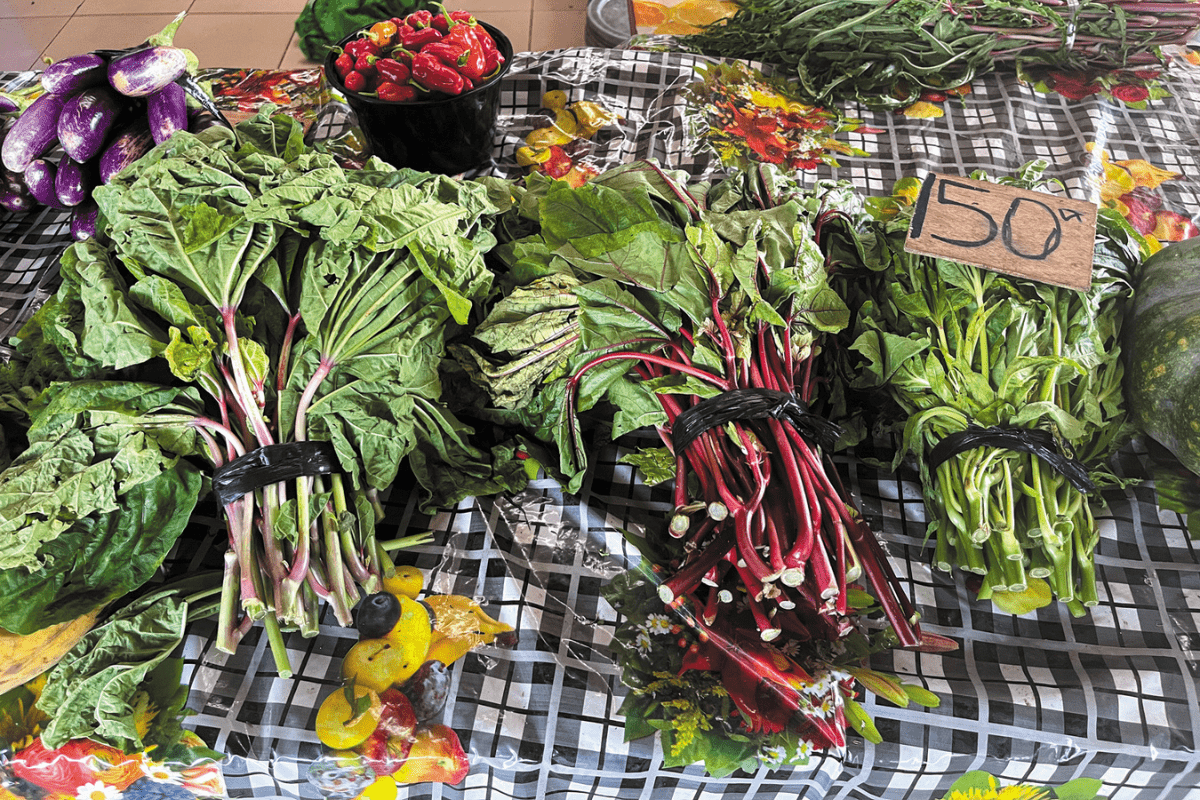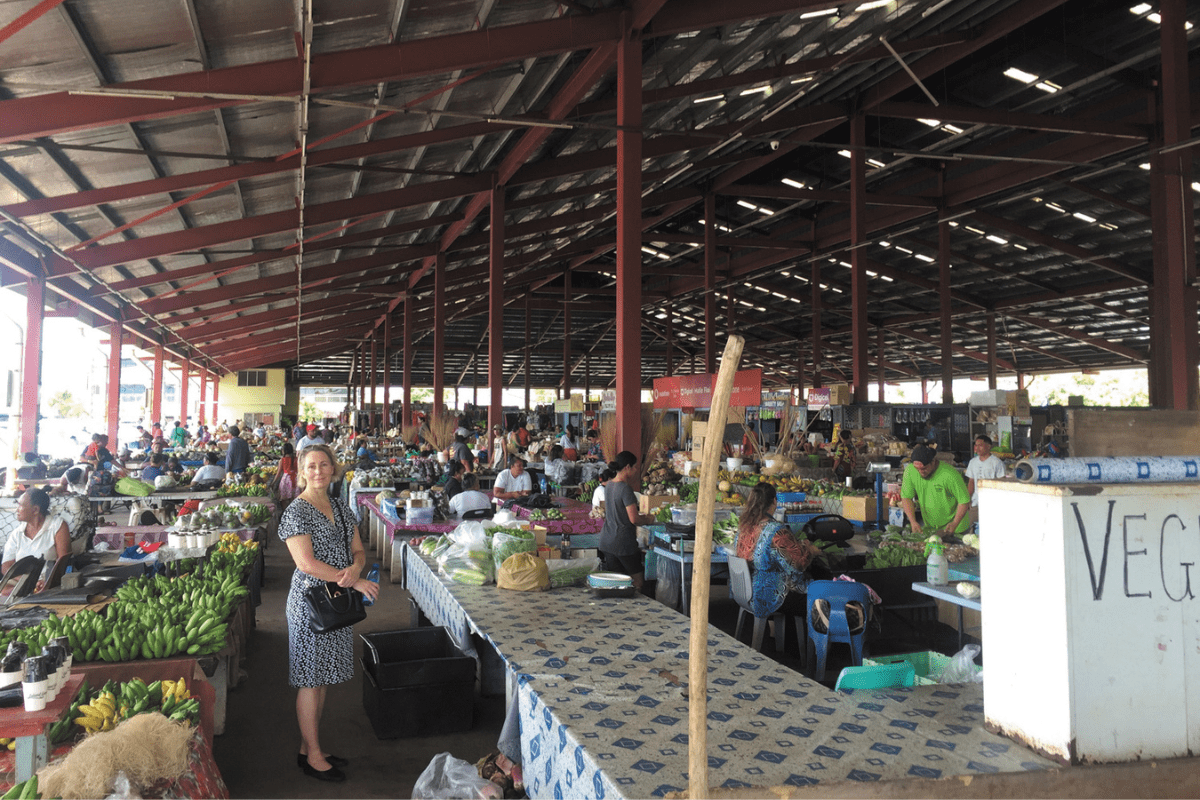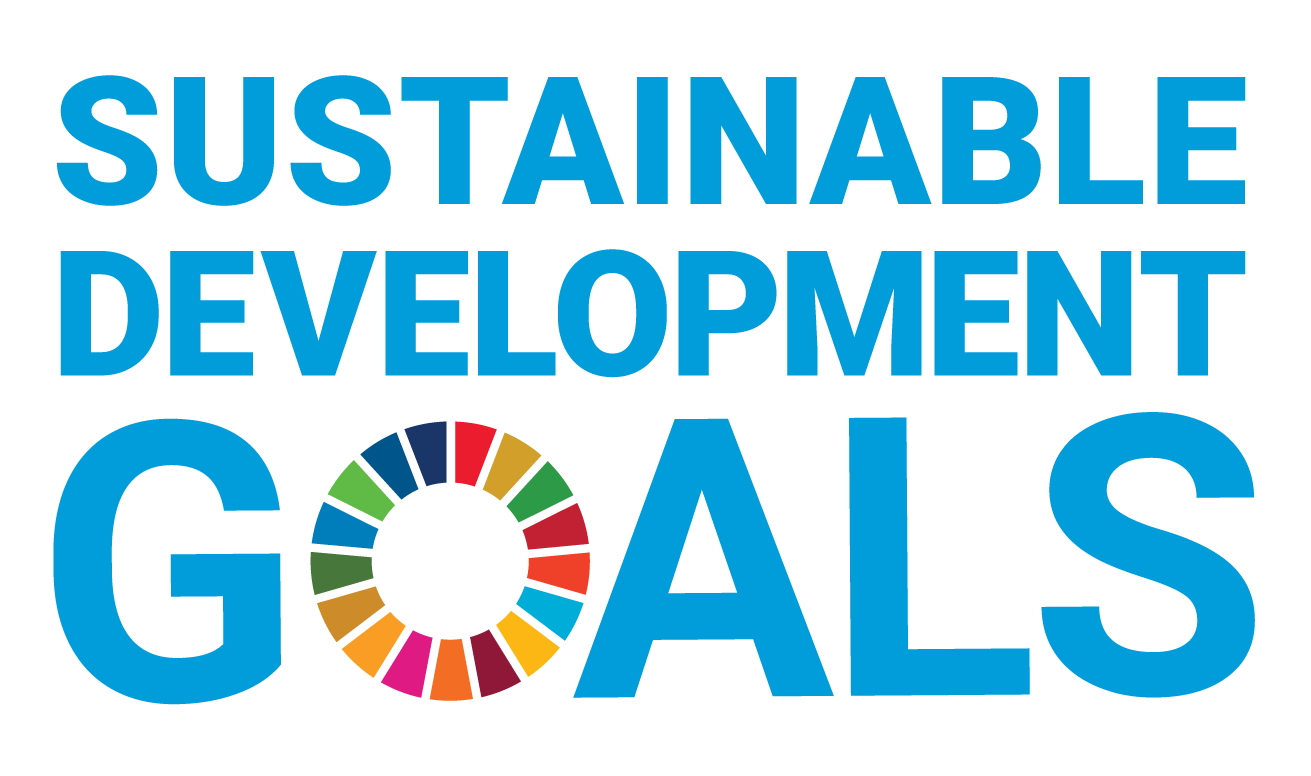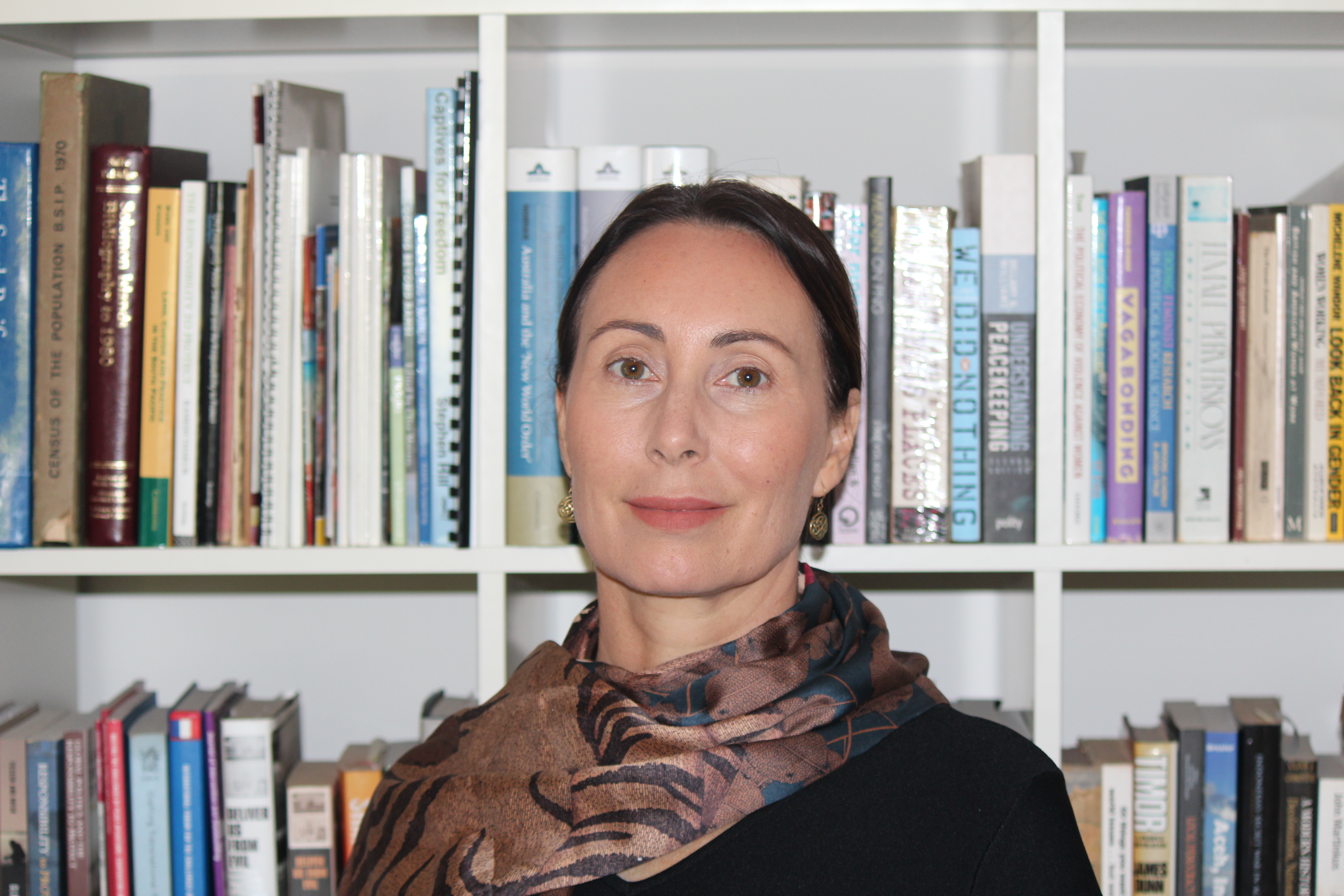You can search for courses, events, people, and anything else.
Smallholder farmers in the Pacific Islands grow, harvest, grade, store and deliver fruits and vegetables to local markets. But their produce is often spoiled or damaged along the supply chain. Reducing agricultural food loss would make fruits and vegetables more abundant and affordable, and improve nutrition in urban and rural communities.
An Australian-funded research initiative is now sending survey teams across Samoa, Tonga, Solomon Islands, and Fiji, in both the dry and wet seasons, to record the wastage of different crops. The teams ask all members of farm households about their daily calendars to learn where losses happen.
"We need to understand when and how tasks are conducted," says Professor Nichole Georgeou, Director of the Humanitarian and Development Research Initiative (HADRI) at Western Sydney University. "That information will tell us who is responsible for which part of the supply chain. Then we can work with producers to identify interventions that could help them reduce food loss."
"In the Pacific, women do most of the agricultural work," says Georgeou. Yet, historically, farm interventions have primarily focused on men. "Agricultural research has a problem with gender bias. Researchers assume that the starting point is a male perspective. Or they don’t consider differences between male and female experiences."
The project, titled Reducing Horticultural Food Loss in the Pacific Region, is funded by the Australian Centre for International Agricultural Research (ACIAR). "Our research is done in a consultative, participatory, and cooperative way. It is funded by ACIAR but led by Pacific Islanders," explains Georgeou. She has studied food systems in the Pacific Islands for more than a decade and was the first to map the supply chains of fruit and vegetables in Solomon Islands, both under typical conditions and during flooding events. She has also analysed the value of agriculture in the nation’s economy.
Need to know
- For smallholder farms, food wastage along the supply chain is a significant issue.
- Historically, interventions have focused on men’s tasks.
- The tasks of both women and men need to be considered to find out where losses are occurring.
"This project could help us identify food loss, find solutions, and keep more affordable, nutritious food in the system."
Georgeou and her colleagues are using a gender-transformative participatory approach in this current study. "We need to understand how social and gender relations interlock within agricultural communities, and how those relations affect the food supply chain," she says. "Men and women work together on household farms, relying on each other, but they often have different tasks and responsibilities. For instance, who is doing the picking or sorting or storing of produce? Who is moving it to market?"
Transportation, which is typically limited in the Pacific Islands, could be a critical weak link in farm-to-market supply chains.
"Roads are often of poor quality," she says. "If produce is damaged during transport, and if only men are moving it, we would focus an intervention on men’s roles in that part of the supply chain. We want to find out where produce is being lost and at the same time talk to men and women about their gender roles and see where they might intersect."
This study is a project of the Food Loss Research Program, which is a partnership between ACIAR and Canada’s International Development Research Centre. The project aims to bring together researchers and stakeholders in developing countries who address food loss through innovative, locally driven solutions.
The expertise that Georgeou has brought to “gender-inclusive research has been instrumental in building the capacity of Pacific researchers to adopt a gender lens in compiling and conducting our vendor surveys, and in planning consultations with our stakeholders,” says Dr Seeseei Molimau-Samasoni, research manager for the Plants & Postharvest Technologies Division of the Scientific Research Organisation of Samoa.
"In my work, I have tried to contribute to better nutrition in the Pacific, because it has one of the highest rates of diet-related noncommunicable diseases in the world," Georgeou says. "This project could help us identify food loss, find solutions, and keep more affordable, nutritious food in the system."
Meet the Academic | Dr Nichole Georgeou
Dr Nichole Georgeou is Professor of Humanitarian and Development Studies in the School of Social Sciences and Director of the Humanitarian and Development Research Initiative (HADRI).
Her areas of research and academic writing broadly fall into three streams (1) civil society and volunteering for development; (2) aid and development, and (3) human security and food systems. These themes combine in HADRI and in its concerns with the articulation of humanitarian practice and development interventions. She is a regular article and book reviewer in the disciplines of development studies, sociology and politics and her research has been published in Journal of Sociology, Australian Journal of History and Politics, PORTAL: Journal of Multidisciplinary International Studies, Australian Journal of Political Science, PLOS One, Voluntas, Third Sector Review, and Journal of Intercultural Studies. She is an Editorial Board member for Development in Practice, and the International Gramsci Journal. Nichole plays an active role in issues of aid and development through her involvement in the Development Studies Association of Australia.
Credit
Future-Makers is published for Western Sydney University by Nature Research Custom Media, part of Springer Nature.
© Zen Chung/Pexels






